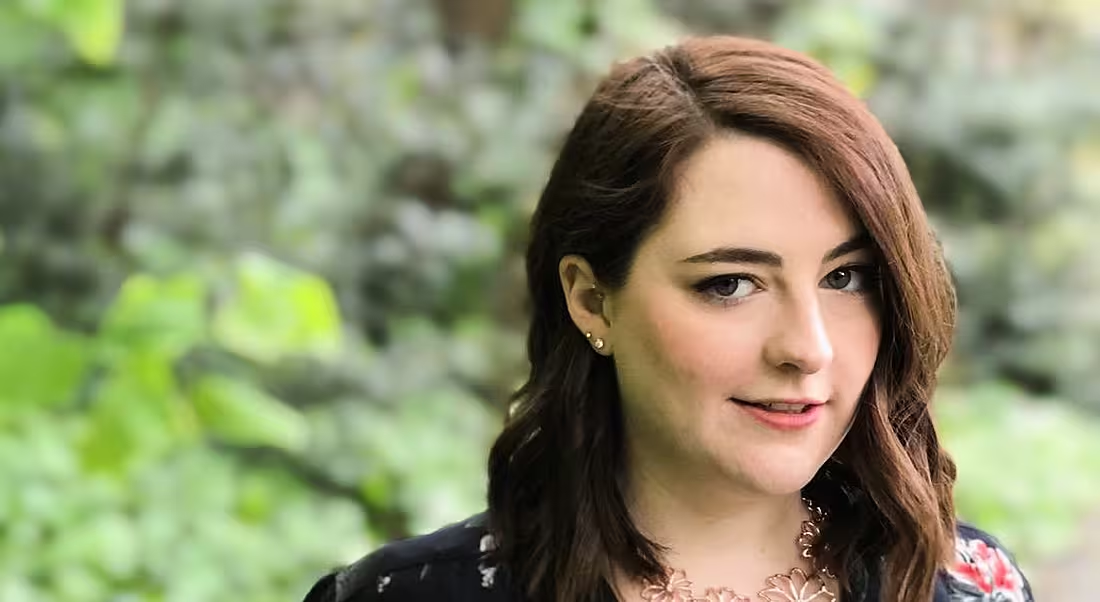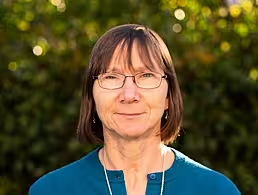Caroline Smyth completed her degree in physics and knew that she definitely didn’t want to pursue a career in it.
It can be daunting studying one thing in college before deciding to do something completely different in your career. However, that’s exactly what EY’s Caroline Smyth did.
“I had just completed a degree in physics at Durham University and honestly had no idea what I wanted to do with my life, except that it was absolutely not physics,” she said.
To gain office experience, Smyth picked up agency work in public housing and spent a couple of months as an administrator. “This was when I first encountered the abuse that some poor spreadsheets go through on a daily basis,” she said. “I became determined to find better ways to process the data that we kept on our properties, using my then-limited Excel knowledge (and a lot of help from Google) to streamline the records that we kept.”
While Smyth knew a career in physics wasn’t the right path for her, she did admit that her degree made her appreciate how valuable good data can be. “For a particularly tricky module I spent several nights on the university’s roof praying clouds would not destroy our telescope readings. Good data could make or break a project.”
Smyth spotted EY’s data analytics summer academy in the newspaper and decided it was the perfect way to adapt her academic analytical skills to the business world. “I applied and spent nine weeks learning about big data and communicating the bigger picture, while getting support and insights from some of EY’s best and brightest. For me, it confirmed that this was one of the most exciting areas to begin my career,” she said.
‘Things may not always go exactly to plan but embrace it’
CAROLINE SMYTH
One major challenge that made Smyth nervous about jumping into the analytics industry was the coding. Having studied Python at university, she said it’s no exaggeration to say she hated it. “I found the workshops really intimidating and it was like a mental block – I just couldn’t get it.” With a couple of languages on the EY academy’s syllabus, she was anxious about having the same mental blocks. Luckily, it was a completely different story. “In a smaller classroom I felt much more comfortable and I was dealing with real-world examples – not trying to model black holes,” she said. “I’ve moved away from development now, but I spent three happy years writing code and still think nothing beats the satisfaction of pulling off a tricky piece of programming.”
Smyth started in EY in 2015 in data analytics on the development of an audit automation platform. Since September 2018, she has been part of EY’s central innovation team and said she wouldn’t change anything about her career journey so far. “I’ve never been one for making five-year plans, preferring to seek and take opportunities when they feel like the right choice for me,” she said.
Finally, for those considering making a career change, Smyth urged people not to be afraid to go out of their comfort zones when faced with new opportunities. “Things may not always go exactly to plan but embrace it – that’s when you will learn the most about yourself and what you are capable of achieving.”




